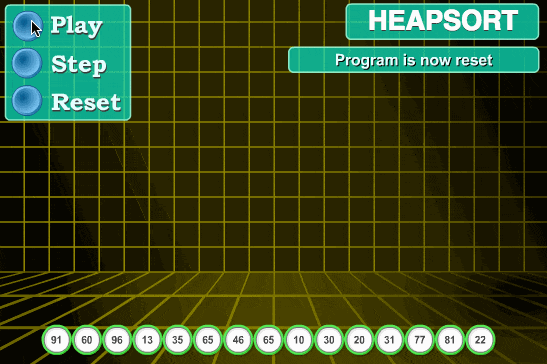In software development, avoiding overly complex code structures is crucial for ensuring long-term maintainability. Complex code is not only harder to understand but can also lead to errors and performance issues. Below is an example that demonstrates how to simplify complex code to make it more maintainable.
Old Code Example
Suppose we have a system for managing employee data, including a method to calculate year-end bonuses. Here’s an example of the old code:
class Employee: def __init__(self, name, position, salary, years_of_service): self.name = name self.position = position self.salary = salary self.years_of_service = years_of_service def calculate_bonus(self): if self.position == 'Manager': if self.years_of_service > 5: return self.salary * 0.10 else: return self.salary * 0.08 elif self.position == 'Team Lead': if self.years_of_service > 5: return self.salary * 0.07 else: return self.salary * 0.05 else: if self.years_of_service > 5: return self.salary * 0.05 else: return self.salary * 0.03
Analysis of Code Issues
Nested Conditions:
Thecalculate_bonusmethod contains multiple levels of nested conditional statements, making it difficult to read and maintain.Hard-Coded Logic:
Bonus calculation logic is hard-coded for specific positions, reducing flexibility and making it harder to add new positions or update policies.
Refactored Code
To simplify the code and improve maintainability and extensibility, we can refactor it as follows:
class Employee:
bonus_rates = {
'Manager': (0.10, 0.08),
'Team Lead': (0.07, 0.05),
'Employee': (0.05, 0.03)
}
def __init__(self, name, position, salary, years_of_service):
self.name = name
self.position = position
self.salary = salary
self.years_of_service = years_of_service
def calculate_bonus(self):
rates = self.bonus_rates.get(self.position, (0.03, 0.02)) # Default rates for other positions
rate = rates[0] if self.years_of_service > 5 else rates[1]
return self.salary * rateExplanation of Improvements
Use of a Dictionary for Bonus Rates:
Bonus rates are stored in a class-level dictionary (
bonus_rates), eliminating the need for complex conditional logic.This allows for easy updates or additions of new positions and associated bonus rates.
Simplified Logic:
A single line of code selects the appropriate bonus rate based on the employee’s position and years of service, replacing nested
ifstatements.The
getmethod provides a default bonus rate for undefined positions, ensuring robust handling of unexpected cases.Improved Maintainability:
The code is now modular and easier to read, making it simpler to extend or debug.
Future changes, such as policy updates or new position categories, can be implemented with minimal disruption.
Benefits of the Refactor
Modularity: The separation of bonus rates and calculation logic ensures clear responsibility within the code.
Flexibility: Adding a new position or changing bonus rates is as simple as updating the
bonus_ratesdictionary.Readability: Reduced nesting and clearer logic improve the code’s readability and ease of understanding.
By simplifying complex code in this way, we reduce maintenance costs, improve scalability, and create a foundation for long-term project sustainability.



